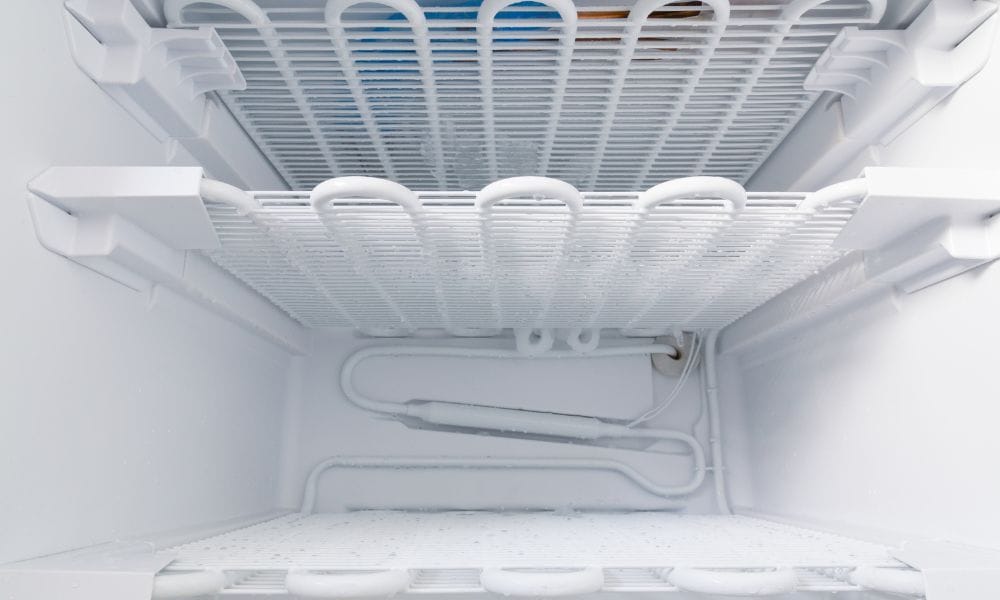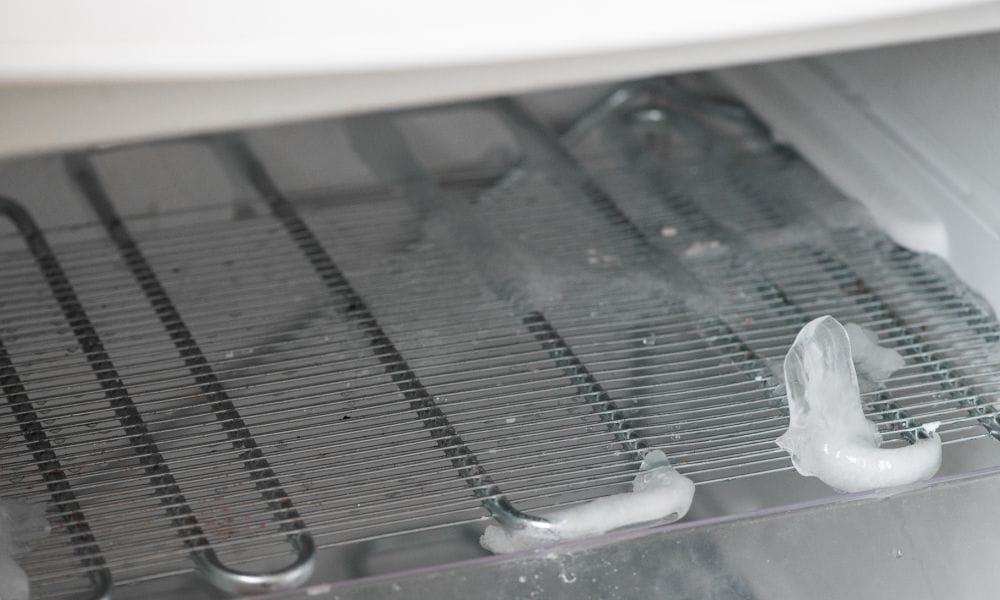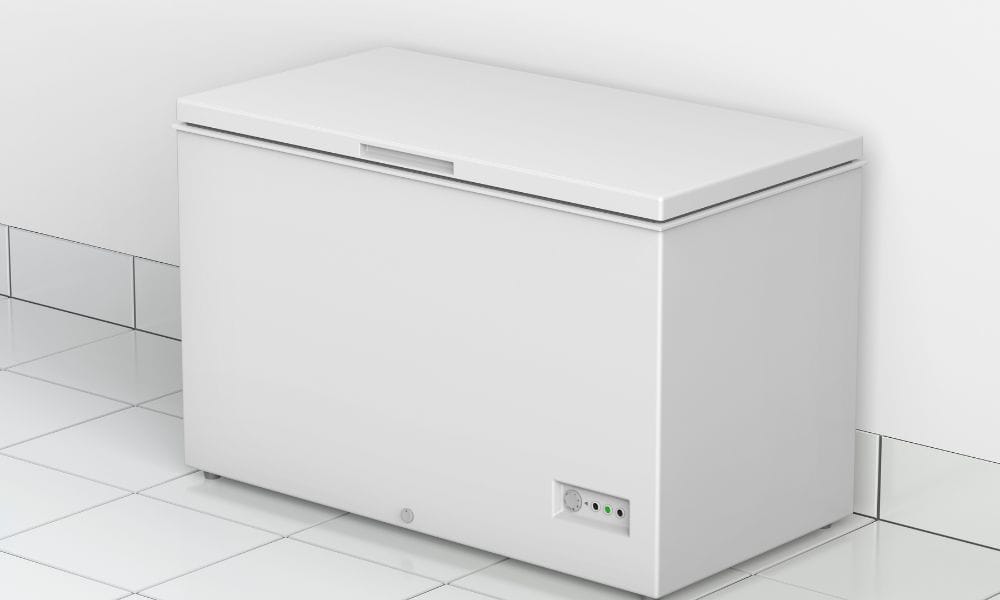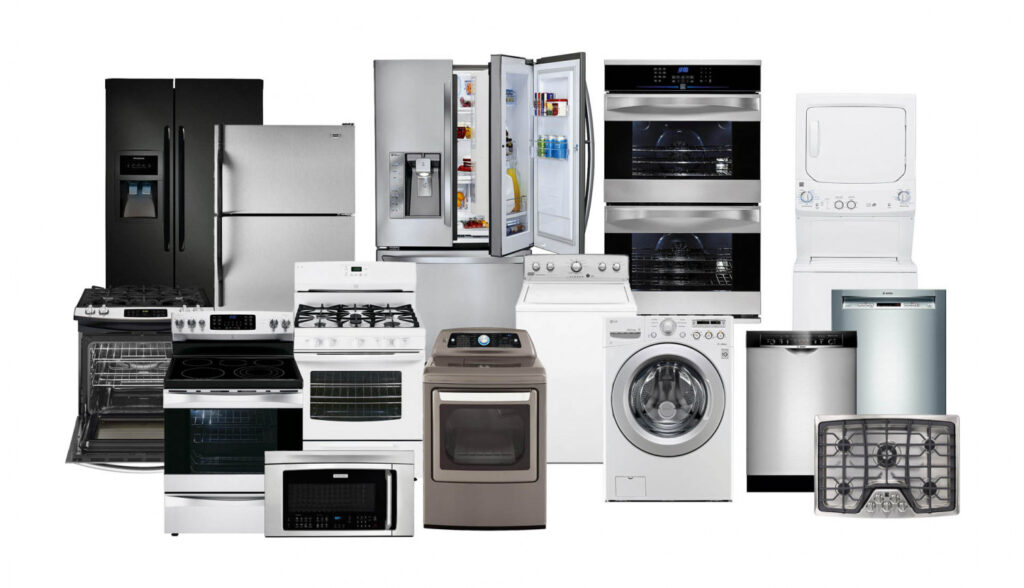
Troubleshooting Freezer Not Cold Enough Issues: A Complete 2025 Guide
A Freezer Not Cold Enough can be more than an inconvenience it can lead to spoiled food, wasted energy, and rising utility bills. If you’ve opened your freezer lately and noticed soft ice cream or thawing meat, it’s a clear signal something’s off.
This comprehensive tutorial will enable you to grasp the underlying reasons for the problem and also deliver realistic, human oriented solutions. Whether it’s a thermostat issue, clogged vents, or overloading, you’ll be equipped with the information to deal with it confidently.
Common Causes of a Freezer Not Cold Enough
1. Temperature Settings Are Incorrect
And sometimes, the simplest solution it’s just the temperature dial. Freezers need to be set at 0°F (-18°C). If the dial is higher, food won’t freeze properly.
Tip: Check with a standalone appliance thermometer to make sure.
2. Clogged or Dirty Condenser Coils
Dirty coils can’t dissipate heat. And all that retained heat stops your freezer from cooling.
Solution: Vacuum and brush clean coils every 6 months.
Location: Behind or under the freezer.
3. Worn or Defective Door Seal
A worn or cracked door gasket lets warm air in, making your freezer work harder without staying cold.
Check by inserting a dollar bill into the door if it comes out easily, you must replace the seal.
4. Clogged Vents
Cold air flow is essential. Clogged or packed vents may restrict airflow within, resulting in uneven cooling.
Reposition objects so air can freely move.
Do not stack food against back and side vents.
5. Malfunctioning Thermostat or Sensors
If your temperature sensor or thermostat fails, it won’t call for the compressor to cool.
You might need a multimeter to check the continuity.
Replacing it is most likely cheap and fast for an expert.
6. Evaporator Fan Failure
This fan moves cold air around your freezer. If it’s not spinning, you’ll end up with warm spots.
Listen for a humming or clicking noise.
A technician can easily replace a faulty fan.
7. Overloading the Freezer
Stuffing too many items reduces airflow and cooling efficiency.
Remove excess items and give your freezer a chance to recover.
Leave space between items for air to move.
8. Freezer Not Defrosting Properly
If the defrost system malfunctions, frost may accumulate on coils, restricting airflow.
Manual defrost can act as a temporary solution.
If it recurs, have a technician inspect the defrost system.

Smart Maintenance Tips to Avoid Cooling Problems
Check and clean coils every six months.
Don’t pack your freezer.
Leave vents open always.
Check door seals once a month.
Monitor interior temperature with a thermometer.
Smart Home Integration and Freezer Alerts in 2025
New freezers today have intelligent features:
Wi Fi connectivity notifies you when temps increase.
App alerts for open doors or low cooling.
Auto defrost sensors that minimize upkeep efforts.
These are must haves to help prevent your freezer not cold enough problem from becoming a larger issue.
Real Life Case: Repairing a Freezer in Victoria, BC
A Victoria family observed their freezer was not holding ice cream solid. Cleaning out the coils and reorganizing packed food groups within the freezer solved the problem. A simple adjustment sometimes returns full operation.Explore our Freezer Storage Guide to make the most of your freezer space while ensuring proper air circulation.
Power Surges and Freezer Performance
In some cases, the reason your Freezer Not Cold Enough is not mechanical issues but electrical irregularities. Power surges or voltage drops can momentarily disrupt the freezer’s compressor function, causing internal temperatures to rise. While many modern freezers come with surge protection, repeated fluctuations can wear down internal components. If you’ve recently experienced a power outage or spike, give your freezer a reset by unplugging it for a few minutes before restarting. This can often restore normal operation.
Ambient Room Temperature Can Impact Cooling
Believe it or not, where your freezer is located is important to its efficiency. If your unit is installed in a garage or close to a heat source such as a stove, it can have trouble remaining cold particularly during warmer months. Freezers are usually tested to perform optimally between 60°F and 90°F. If your Freezer Not Cold Enough, think about moving it to a more temperature regulated space to provide stable functioning and increase appliance longevity.
For even more technical information on troubleshooting a freezer not cold enough, see this expert supported freezer troubleshooting guide.

Final Thoughts
If your Freezer Not Cold Enough , don’t panic most instances are minor and can be resolved without replacing the appliance. Whether it’s a clogged vent, a bad fan, or over loaded storage, prompt troubleshooting can preserve your food and energy.
Proper maintenance of your freezer keeps it cold, efficient, and reliable. A Freezer Not Cold Enough does not imply a big repair tomorrow merely a wise reaction.
FAQs: Freezer Not Cold Enough
Q1: What temperature should my freezer be?
Ideally, 0°F or -18°C to preserve food safely and in solid form.
Q2: Might overloading lead to cooling problems?
Yes. Excessive food fills up air vents and decreases cooling performance.
Q3: Do I need to manually defrost a frost free freezer?
Not generally, unless the defrost mechanism fails. Then manual defrosting can be temporarily useful.
Q4: How do I determine if my door seal is faulty?
Test the dollar bill test if it is easy to slide out when the door is closed, the seal is probably compromised.



